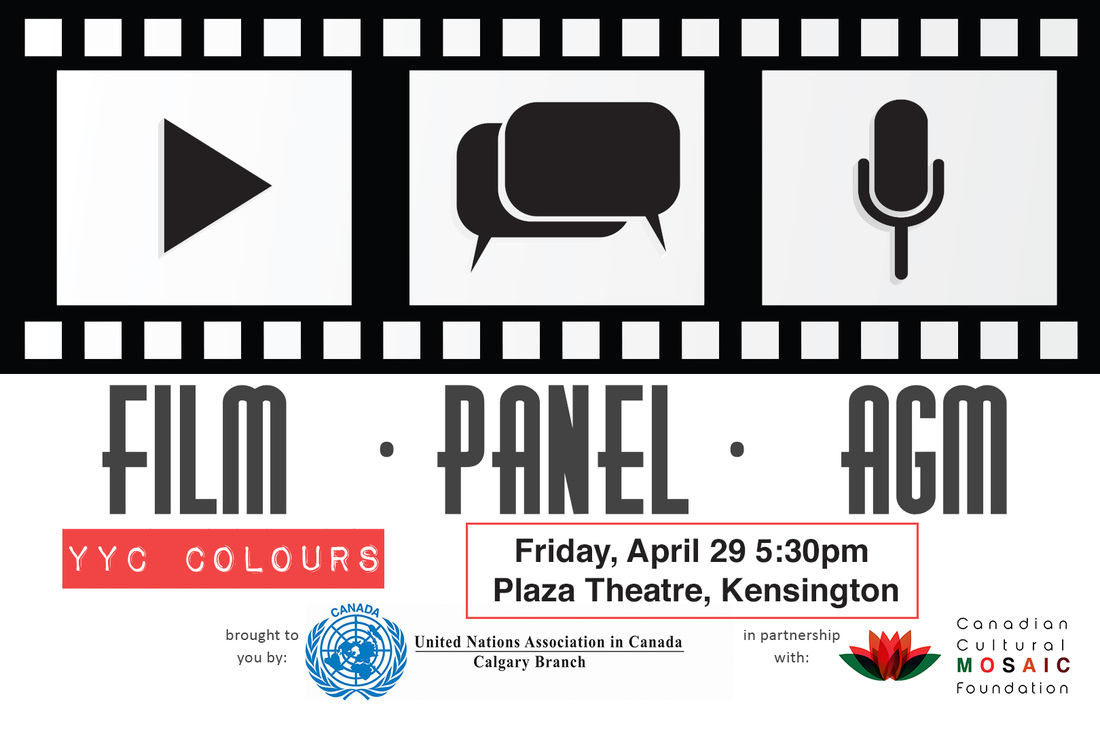|
Recently, I watched a video by Marlon James that was hosted by the Guardian titled “Are you Racist? No isn’t good enough.” I thought this video demonstrated a vital part of what anti-racism means.
Marlon is correct in saying most of us are non-racist. This is because we have no problem going on with our lives with a clear conscience, even though we know racism is around us. We see and hear about injustices and we shrug it off saying, “it’s not my problem” or “at least I’m not doing it” or “it’s not happening to me.” But this does nothing to help fight injustice in the world. Most of the problems we currently have in this world continue to exist because we have turned a blind eye to them. Marlon says we can pull off being non-racist by being asleep in bed while others are discriminated. He proposes, we need to stop being non-racist, and start being anti-racist. This is why speaking up is not only helpful, but also critical to ending injustice around the world. So how does one become anti-racist? What does that even mean, or look like? Often times when people hear the word “anti,” they automatically associate a negative connotation, because it’s saying no to something. This is a flawed way of thinking. Anti-racism is the active process of identifying and eliminating racism by changing systems, organizational structures, policies and practices and attitudes, so that power is redistributed and shared equitably. This could be standing up for someone who is discriminated against based on his or her race or background. Instead of ignoring or walking away, it’s important to speak up against the injustice. This can also mean educating yourself on different races and cultural practices, so the next time you hear someone saying a negative stereotype you can engage in that conversation. Or it could also be making informed decisions on polices, politics and other systems. I think the same can be said about any other injustice that we see, whether it’s homophobia, bigotry or any other form of discrimination. Until we are part of the solution, it’s not going to end, or mitigate for that matter. This year our organization, Canadian Cultural Mosaic Foundation, has been working hard to mitigate racism in our society. We understand racism is often a taboo topic, so we wanted people to engage in it in a way that they enjoy as well. In mid February, to honour Black History Month, we organized Canada’s first 48-hour-anti-racism film festival challenge and poetry jam. We had a total of 60 participants who broke off into teams and made short films during 48-hours (Feb 12-14) in Calgary, with the theme of anti-racism. We also hosted a poetry jam dedicated to anti-racism where several Calgarians came out to perform spoken word poetry relating to the topic. Spoken word allowed these people to come out and speak about this taboo topic to spark a discussion that we don’t have enough in our society. In total 11 teams completed their challenge on time. We screened all the completed and late entries (total of 17 films) from the 48-Hour-Anti-Racism Film Festival at the red carpet screening at the John Dutton Theatre in downtown Calgary on March 21 at 6pm. Furthermore, our organization worked hard to create a documentary that sparks discussion about racism in Calgary. We spoke to hundreds of people and had over a hundred interviews through a community call to action that contributed to the content of the film. The goal is to have people view the film and start having honest conversations about racism and privilege in our society. The subject of race can be very touchy, but if we as a society don’t engage in the conversation and understand the problem, racism will never end. The premiere screening of the documentary, YYC Colours, sold out, but we have had several other screenings in April and will have more screenings in May. We will also be having one screening with the United Nations Association of Canada, Calgary branch for their Annual General Meeting on April 29th, and I hope you can all join us!
0 Comments
Leave a Reply. |
Archives
January 2024
|

 RSS Feed
RSS Feed
